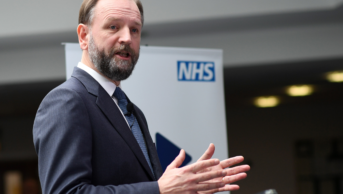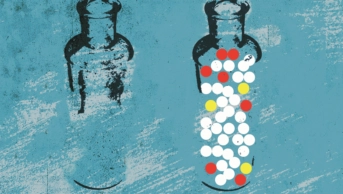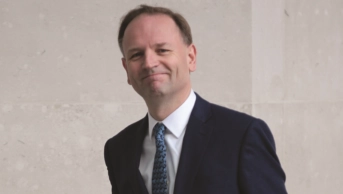
Shutterstock.com
On 4 October 2016, the clinical commissioning group (CCG) on the Wirral — a large metropolitan borough of Merseyside, North West England — voted to stop funding its homeopathy service, meaning that no CCGs in the north of England still pay for the controversial, non-evidence based treatment. For local patients, this move frees up almost £20,000, which can now be spent on treatments that have actually been proven to be effective.
But the decision in Wirral also has wider implications; it will increase pressure on the remaining CCGs that fund homeopathy to expedite reviews and consultations. The treatment is still funded in four CCGs in the Bristol area and around a dozen CCGs in London, totalling around £5m spend in 2016 – a figure the BBC highlighted in October 2016 could pay for an extra 200 nurses or 50 consultants.
Minutes
from CCG governing body meetings in Bristol, North Somerset, Somerset and South Gloucestershire in April 2016 show calls for a review of homeopathy funding in the region and a consultation process, not unlike that of the Wirral CCG. It will be hard for the CCGs involved to ignore views from local residents and health professionals who want to follow the Wirral’s lead and end the nearly £300,000 per year spend on homeopathy in South West England.
Challenges remain
In Scotland, support for homeopathy is anchored around the Glasgow Homeopathic Hospital, which was rebranded as the Glasgow Centre for Integrative Care (GCIC) in 2010 — to “distance itself from alternative medicine”, according to the BBC. The latest from the GCIC (June 2016) is that their last seven remaining inpatient beds may be closed, after health boards in Lanarkshire, Highland and Lothian ended their funding for the service.
However, following a campaign from patients and homeopaths, several politicians have shown support for the GCIC and its homeopathic heritage. It was the subject of a debate in Holyrood, during which campaigners appealed to ministers to give the hospital national status and direct governmental funding to ensure its survival. The campaign argued that closure of the homeopathy service would leave sufferers of chronic diseases with nowhere to turn for help. The argument won the backing of Elaine Smith, MSP for Coatbridge & Chryston in North Lanarkshire, who argued in favour of the GCIC in parliament.
Meanwhile in London, the Royal London Hospital for Integrated Medicine (RLHIM) provides homeopathy to patients in around 12 CCGs, seemingly in defiance of the CCGs’ individual policies on complementary and alternative therapies, which state that homeopathy is not routinely funded. However, a transparency issue arises from the hospital’s book keeping, which categorises consultations and patient visits by the conditions patients are treated for, but not by the treatment given. As a result, the RLHIM says its records cannot indicate which CCG their homeopathy patients belong to, and therefore where CCG money was spent on the treatment.
The hospital has so far resisted any attempts from CCGs to change its practices to record consultations by the treatments administered, thus making homeopathy spending transparent and trackable, but as the number of CCGs that fund homeopathy continues to fall, pressure must be mounting on the RLHIM to square that circle.
Clearly, it is indefensible that the NHS wastes £5m on homeopathic treatments that are ineffective, but the arguments go far beyond economics. Many private homeopaths point to the NHS funding of homeopathic products as proof that there must be something to these little sugar pills. It is time for the NHS to end this association once and for all.


